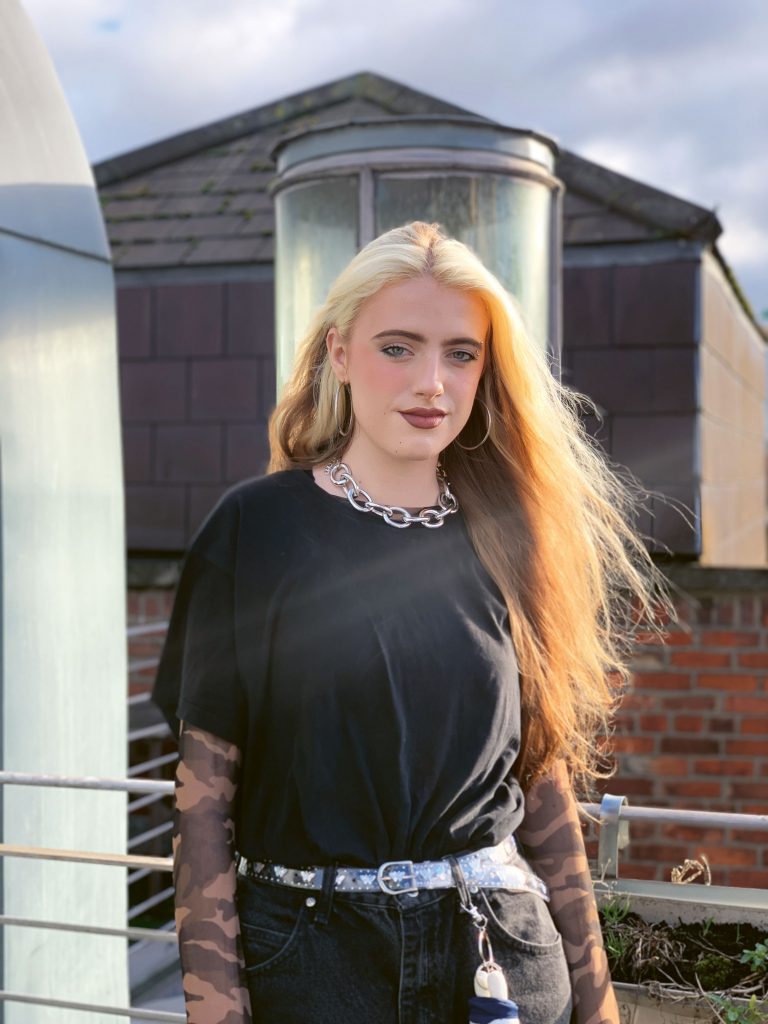It’s hard for many still figuring out their identity to be instantly bombarded with questions which you’re not quite sure about the answers to yourself. There is a sense that if you’re not 100 percent sure of yourself right away, you’re either faking it or you do in fact have it all figured out but you’re ashamed of the conclusion you’ve come to. Although both are very possible, why is it that we as queer people are made to feel this way? Who are we really coming out for?
As a lesbian, it took me quite a while to become comfortable with using the actual word ‘lesbian’ to self-describe. The negative associations I had built up around the word is, I’m sure, a result of not only the hyper-sexualisation and demonising of queer women by society on a wider scale, but also from my own personal experiences as a young child to right through my teenage years.
There were times in which I identified as bisexual, pansexual, queer, or would even go as far as saying ‘I’m gay’, although the word lesbian was still off the cards. Using these self-markers was a key tool I used to enter into queer spaces.
It was a way to step into the community and identify myself as a part of it without having to disclose the full details of something which was a very private struggle that had, at least partly, been made very public both with and without my consent.
There was a certain sense of guilt I carried, along with the anger of both being outed and feeling the need to come out. Though I was angry it had happened, moreso I was disgusted with myself for even thinking that it was a struggle worth acknowledging when so many other people had the courage to come out despite the terrible consequences they knew were waiting for them.
I pushed those feelings of hurt away because I felt as though I wasn’t entitled to feel them for a coming out experience that was as trivial as my own. But there is also an expectation that a coming out story has to be shared, meaning those who had a bad experience are forced to relive their trauma for the entertainment of curious audiences, while those who had a rather uneventful story are left feeling like their story is a ‘disappointment’.
It is a strange topic as it leads one to wonder, why exactly do other people, particularly non-LGBT+ folk, so desperately want queer people to disclose their identities to them? Do they feel as though they have a right to know? Do they have an ingrained sense of entitlement to a narrative not yet fully understood by its owner? Is the stereotypical story of overcoming struggles something that provides them with perspective and comfort in their own lives?
None of these questions take into account the actual LGBT+ person’s wellbeing or emotions, rather they are to accommodate the people around them.

I was so upset when I was outed. I wasn’t able to articulate the feelings at the time but it felt as though I had been told on, like I was cheating on a test and someone told the teacher. I had never placed that strong of an importance on coming out, but it was the ‘stealing’ of that moment that affected me.
It took a total outsider taking away my power to make me realise I had it in the first place and that I had been stripped of it for mere gossip, for the entertainment of others.
The whole thing just feels wrong, that the burden of coming out is placed on you and a lot of the time you don’t even get to negotiate the terms in which you do so. Sharing your identity is paramount in many young LGBT+ peoples’ lives, so the focus needs to be placed back onto them.
Instead, we so often see the spotlight placed on those around the queer person, the ones who have to ‘deal’ with us and how the news affects them. If their response is not hateful or ignorant, they will be expecting, and will most likely receive, praise for the ‘bravery’ of supporting a queer person.
For many LGBT+ people, coming out is something we are simply expected to do, and that will not change anytime soon. So to non-LGBT+ folk, please be mindful that in certain situations, living through us can be just as damaging as fighting against us.
This story was originally published in GCN Issue 360.
© 2020 GCN (Gay Community News). All rights reserved.
Support GCN
GCN is a free, vital resource for Ireland’s LGBTQ+ community since 1988.
GCN is a trading name of National LGBT Federation CLG, a registered charity - Charity Number: 20034580.
GCN relies on the generous support of the community and allies to sustain the crucial work that we do. Producing GCN is costly, and, in an industry which has been hugely impacted by rising costs, we need your support to help sustain and grow this vital resource.
Supporting GCN for as little as €1.99 per month will help us continue our work as Ireland’s free, independent LGBTQ+ media.
